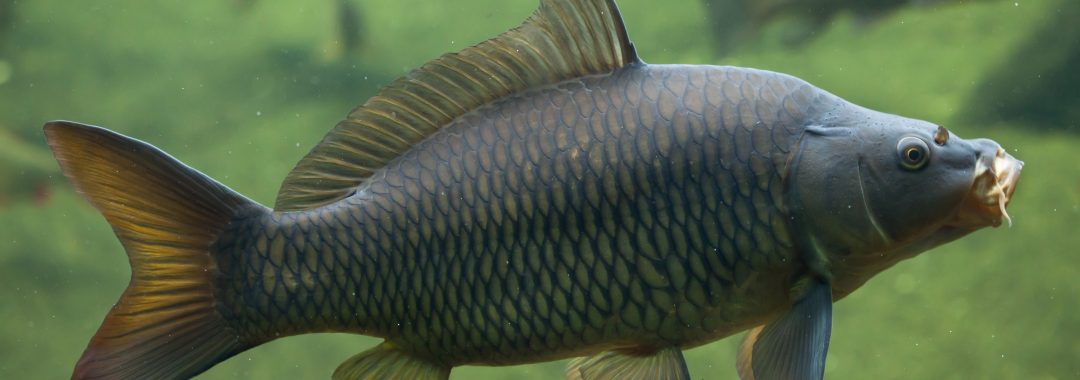Production fisheries are a key part of livestock production, and in the Czech Republic, they are closely tied to traditional fish farming. In addition to its production function, it also plays an important role in landscape formation, contributing to water retention in the landscape, and ponds represent a unique ecosystem. In addition to ponds, fish are also kept in flow-through or recirculation systems. Each of these systems has its advantages and disadvantages. The project "Sustainable production of healthy fish in different aquaculture systems - PROFISH" focuses on different aspects of fish farming. Its implementation phase from 2019 to 2023 was financed under the Operational Programme "Research, Development, Education" of the Ministry of Education and Science under the designation CZ.02.1.01/0.0/0.0/16_019/0000869.
The implementation of the activities was carried out by the staff of the Veterinary Research Institute, Mendel University in Brno and the Faculty of Fisheries and Protection of Waters at the University of South Bohemia in České Budějovice. In mid-2024, the final implementation report was approved by the provider, and the project entered the sustainability phase. The final report shows that all planned indicators were met, including 78 scholarly papers, surpassing the originally planned 55.
Health lies at the intersection of three sets of influences: host, pathogen and environment. Therefore, the research project has been divided into three research areas. The first describes the relationship between the host and the pathogen. The host possesses a natural or acquired ability to resist infectious pressure. Understanding the fish immune system, particularly its role in protecting against infections, has provided partial insights into the possibility of vaccinating animals or developing breeds that are more resistant to viral diseases. For instance, a correlation has been found between the production of interferon-alpha and increased resistance to koi herpesvirus infection of some carp breeds. The renovation and expansion of the Laboratory of Fish Diseases at the VRI were essential for in vivo monitoring. (https://www.vri.cz/pavilon-ryb-nove-zrekonstruovane-vyzkumne-pracoviste-na-evropske-urovni-predano-do-uzivani/).
The second area studied is the relationship between the environment and the pathogen. Pathogens are found in the environment that affects them. The sub-activities focused in part on the aquatic ecosystem virome and antibiotic resistance. Some of the activities also focused on the microbiome of biofilters and the possibility of reducing microbial load in the aquatic environment using various technologies, such as Caviplasma, or disinfectants, such as chloramine T or peracetic acid.
Probably the most attention was paid to the relationship between the host and its environment. Environmental pollution of fish is an important factor affecting fish health and their safety as food. Much of the activity in this area has focused on the health impacts of fish exposure to substances such as microplastics or pharmacologically active compounds. Additionally, studies have included the identification and quantification of these substances in the aquatic environment using mass spectrometry. A high-resolution liquid chromatography-mass spectrometer, which was capable of detecting small molecules only, has been technologically extended due to the project to measure macromolecular substances such as peptides and proteins. At the same time, the laboratory was equipped with OTTO Waters' automatic large-scale sample preparation equipment for SPE extraction.
All the above activities will continue during the sustainability phase, and the project will keep contributing new knowledge and practices to the important field of agricultural production.


